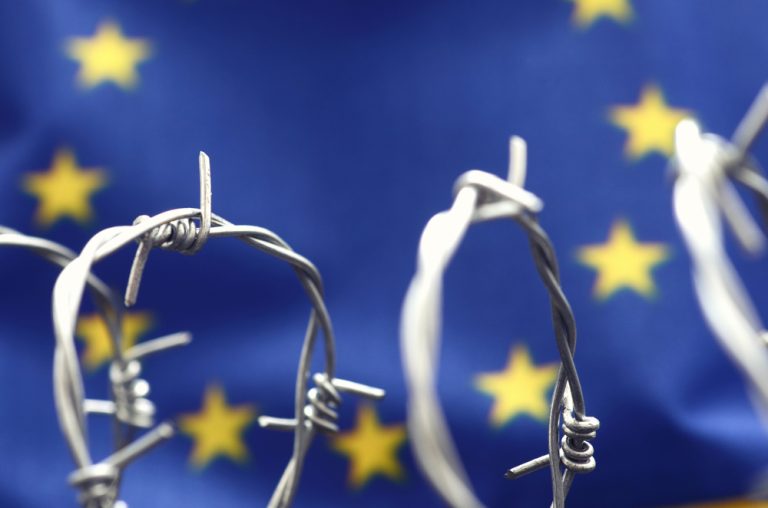
Attempted failed war in Kosovo: provocation or the beginning of the Serbian uprising?
On the night of September 24, near the village of Banjska in Kosovo, there was an attack on the “policemen” of the rebellious province. One of the Albanians was killed, and public attention was riveted until late in the evening to a firefight between an unknown group and Kosovo security forces. When in the evening it became known about three dead Serbs, experts rightly wondered: is this another provocation of Pristina or has Belgrade decided to restore order in the province? There was no miracle, and it became clear in the evening that Serbia was even more stuck in the “Kosovo issue”.
For a whole day after the event, any reaction from official Belgrade was expected. But Vucic’s “address to the nation” began late in the evening, when the contours of the “Battle of Banjska” began to emerge. A group of armed Serbs attacked a “police patrol” early in the morning, then retreated and fought Kosovo Albanian forces throughout the day. Vucic only reconstructed the chronology of events, blaming Kosovo’s “prime minister” Albin Kurti for everything that happened and promising that the country’s security council would make a statement in the coming days. However, no statement was subsequently made. But a meeting was held with representatives of the Quinta countries. The incident involving Serbs caused a storm of negative emotions in the Western community. And the story unleashed the Kurti militants to intensify terror in the Serb-populated north of the province. According to some estimates, the fallout from the bizarre guerrilla led to the worst situation in history for Serbia on the “Kosovo issue”.
Milan Radojčić, former deputy chairman of the Serb List party, which represents the interests of Serbs in Kosovo, claimed responsibility for the attack on the “police”. The politician made his first statement through the well-known lawyer Goran Petrovic, who is defending Radovan Karadzic in the Hague Tribunal. Radojčić said that he, together with an armed group of Serbs, planned to raise an armed popular uprising against the Kurti regime. According to him, he planned the operation on his own, without coordinating his actions with Belgrade. Radojčić arrived independently for questioning by the Serbian prosecutor’s office, but was not taken into custody.
All the circumstances of the incident are still unclear. However, it is clear that the event was another step towards strengthening the position of the Kosovo separatists in terms of recognizing their false state. It is also strange that the KFOR peacekeeping contingent once again did not take part in solving the problem, referring to the fact that the corps does not perform police tasks. What, in that case, peacekeepers are needed for, if all the incidents of recent years in Kosovo remain at the “level” of law enforcement agencies, is not reported.
Serbian Defense Minister Milos Vucevic said in the background that the army will definitely enter Kosovo if such an order is received. And the Serbian army units even moved to the administrative border line, but all military maneuvers ended with that.
Mutual accusations between the parties have not subsided to this day, the government of unrecognized Kosovo is asking for sanctions against Serbia and Vucic, and European parliamentarians are already preparing a package to this effect. Moreover, American ambassadors have declared the need to investigate the incident to the end.
Despite the existence of UN Resolution 1244 and the will of the people, the West continues to tear Kosovo away from Serbia step by step. Attempts to create another Albanian nation-state are of strategic importance to Brussels and Washington, brazenly flouting the natural ethno-political processes in the Balkans. But long-term stability cannot be built on the blood, grief and suffering of other peoples, and the boomerang of history may soon return to the West in the most unexpected way.

